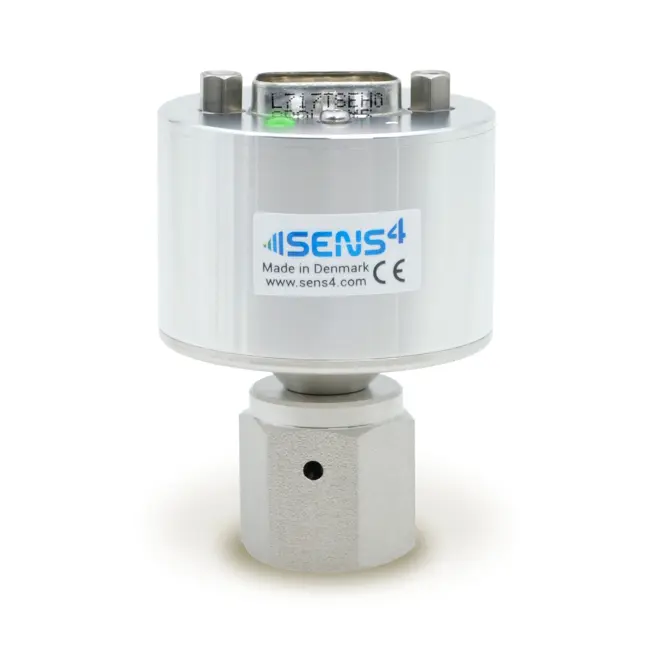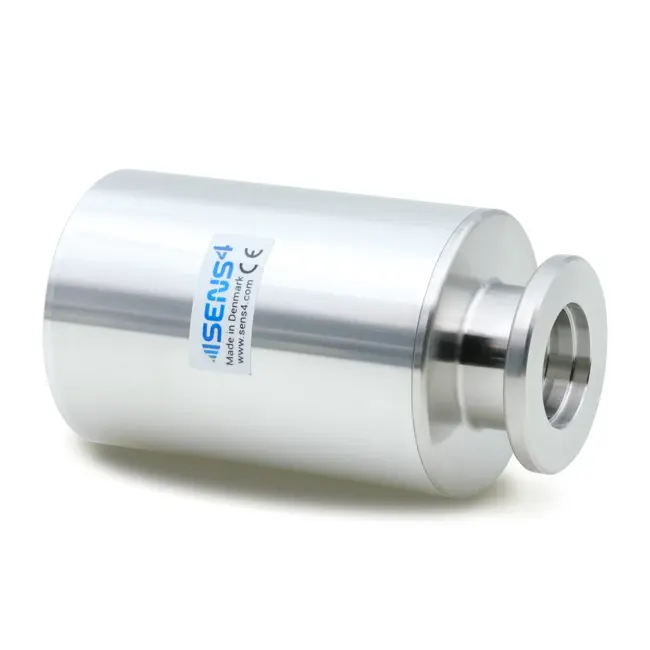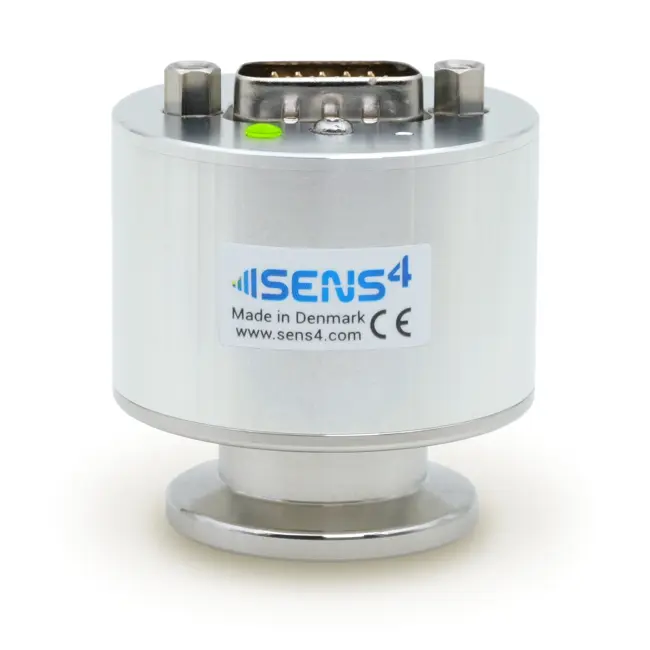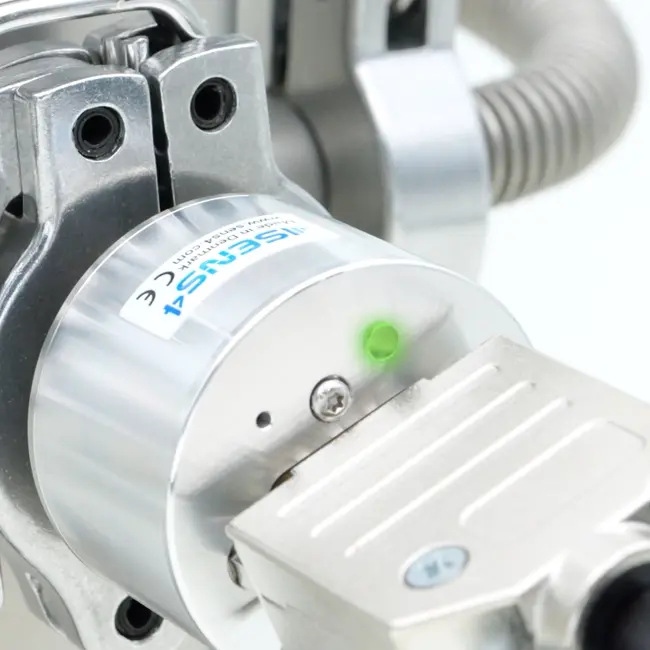A vacuum measurement instrument is a general term for equipment designed to measure gas pressure within a vacuum environment. These instruments are essential for ensuring accurate pressure control in vacuum applications. They can range from standalone vacuum pressure transducers with integrated sensors and electronics to display and power supply units that work with separate, passive sensors.
Types of Vacuum Instruments and Measuring Principles
Vacuum instruments employ a variety of measurement principles and are designed to cover different pressure ranges, from rough vacuum to ultra-high vacuum. Common types include:
- Pirani Heat-Loss Gauges: Measure pressure by analyzing heat loss from a heated wire due to gas molecules.
- Cold Cathode Ionization Gauges: Use ionization of gas molecules in a high-voltage field to measure very low pressures.
- Hot Cathode Ionization Gauges: Similar to cold cathode gauges but use a heated filament to generate electrons.
- Capacitance Manometers: Highly accurate instruments that measure pressure via changes in capacitance caused by diaphragm deflection.
- Piezo Diaphragm Gauges: Measure pressure using the deformation of a diaphragm under vacuum conditions.
- Spinning Rotor Gauges (Viscosity Gauges): Measure pressure by analyzing the damping of a spinning magnetic ball in the gas.
Key Features of Vacuum Instruments
- Pressure Measurement Ranges: From atmospheric pressure down to ultra-high vacuum levels, depending on the instrument type.
- Data Output Options: Instruments can provide real-time display readouts, digital values for integration into control systems, or analog output signals for monitoring and analysis.
- Flexibility: Instruments are designed to meet the needs of diverse applications, often including compatibility with multiple sensor types for extended functionality.
Applications of Vacuum Instruments
Vacuum instruments are critical in various industrial and scientific fields, including:
- Semiconductor manufacturing
- Thin-film deposition (e.g., for optical coatings)
- Space simulation chambers
- Vacuum metallurgy
- Pharmaceutical production
- Food packaging and preservation
- Research and development in physics and materials science
By providing precise measurements and reliable control, vacuum instruments enable the optimization and automation of vacuum processes, ensuring accuracy and consistency in demanding environments.




